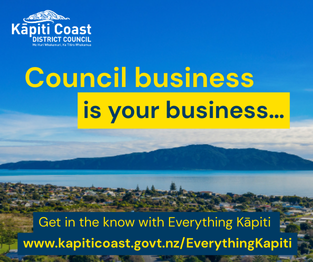
Two former Kāpiti Coast District Council chief executives now in top roles at Wellington Water are under fire as a $37 million technology overhaul exposes alarming gaps in the agency’s management systems.
Chief Executive Pat Dougherty and Chief Corporate Services Officer Wayne Maxwell both bring decades of local government experience, yet under their watch, the agency has been operating without formal support systems across critical functions, including budgeting, maintenance management, and contractor oversight.
Maxwell, responsible for finance, digital services, and procurement, conceded in a statement to RNZ that Wellington Water is “far behind where we need to be” when it comes to technology systems.
“In some cases, the technology systems we need are lacking altogether,” Maxwell said. “We are dependent on old systems that are in urgent need of replacement, or we rely on the use of systems belonging to our shareholding councils or contractors.”
The admission came in a public tender seeking bids for a $37.5 million upgrade, which has now closed. The documents outline a dire situation where even basic tools like inventory management, customer relationship systems, and forecasting are missing or severely outdated.
Wellington Water’s reliance on external contractors, some reportedly paid up to three times the standard rate, was partly blamed on these system failures. The new platform is expected to include tools for managing field contractors, issuing consents, and improving compliance.
Dougherty, a water engineer with experience leading both Nelson and Kāpiti councils, joined Wellington Water’s board in 2023 before stepping in as CEO. While he was not quoted in the RNZ report, his leadership now coincides with mounting public and political pressure to overhaul the agency’s poor performance record.
The technology debt will be passed on to the new ‘Metro Water’ entity, formed under the government’s ‘Local Water Done Well’ policy, with ratepayers ultimately footing the bill. For the 2025–26 year, funding has already been confirmed by the regional council, and interest payments will be covered through the annual bulk water levy paid by metro councils.
“While our programme of work and responsibility has grown over the past 10 years, the investment in core technology systems that support this work has not,” Maxwell said. “This has added urgency.”
Wellington’s experience may serve as a cautionary tale for other councils forming new water entities. The price of years of inaction on core systems is now being counted in tens of millions, and trust.















































